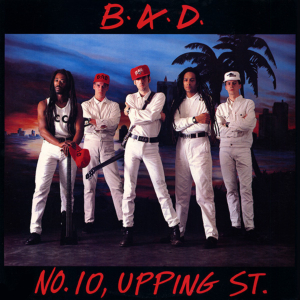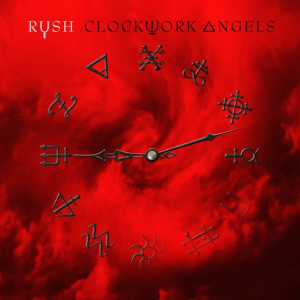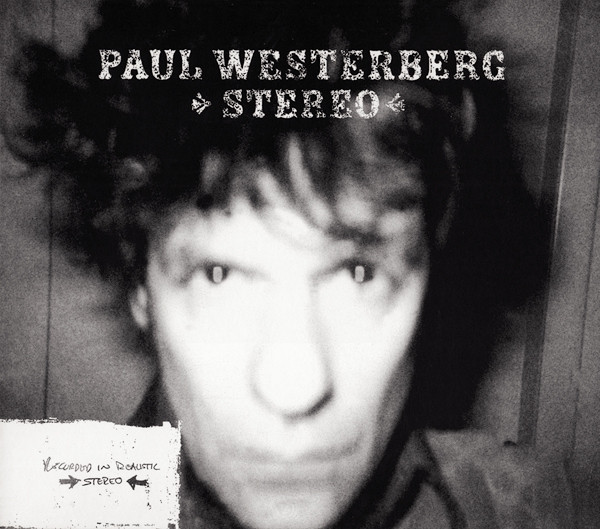 An atypical break from the business for Bryan Ferry ended in 1993 with the release of Taxi, an album of… covers, just like his solo career started. (The album is dedicated to his mother, who died two years earlier; maybe that’s what’d kept him busy since his last album.) It was co-produced by Robin Trower, who contributes guitar effects to every track, as do the familiar Neil Hubbard and even ambient pioneer Michael Brook. Other session cats include Steve Ferrone, Nathan East, and Greg Phillinganes. All together it’s much less campy than his first solo albums, sounding instead like it’s coming from another planet.
An atypical break from the business for Bryan Ferry ended in 1993 with the release of Taxi, an album of… covers, just like his solo career started. (The album is dedicated to his mother, who died two years earlier; maybe that’s what’d kept him busy since his last album.) It was co-produced by Robin Trower, who contributes guitar effects to every track, as do the familiar Neil Hubbard and even ambient pioneer Michael Brook. Other session cats include Steve Ferrone, Nathan East, and Greg Phillinganes. All together it’s much less campy than his first solo albums, sounding instead like it’s coming from another planet.That spacey approach oddly sets up “I Put A Spell On You”, which doesn’t sound like Creedence or Nina Simone, and certainly not like Screamin’ Jay Hawkins. Listen closely and you might hear Maceo Parker. Classic ‘60s R&B is touched by “Will You Love Me Tomorrow”, “Just One Look”, and “Rescue Me”, the latter two nearly unrecognizable. “Answer Me”, which he either heard from Frankie Laine or Nat King Cole, gets a groove treatment, as does “All Tomorrow’s Parties”, but still suitably dirgey. “Girl Of My Best Friend” was UK hit for Elvis, but not for Bryan. “Amazing Grace” comes closest to his double-take inducing choices of the ‘70s, though it’s still pretty straightforward, using David Sancious’ gospel-flavored organ, while the “title track” is far away from the silky soul of the original. (He does use the whistle, however.) Finally, “Because You’re Mine” is credited as his own, but it’s mostly an atmospheric throwback to the first track.
When the rhythm is there, Taxi follows on from his seductive ‘80s work, and sports grainy, moody Anton Corbjin photos aplenty. There are worse ways to kill time.
Bryan Ferry Taxi (1993)—3






